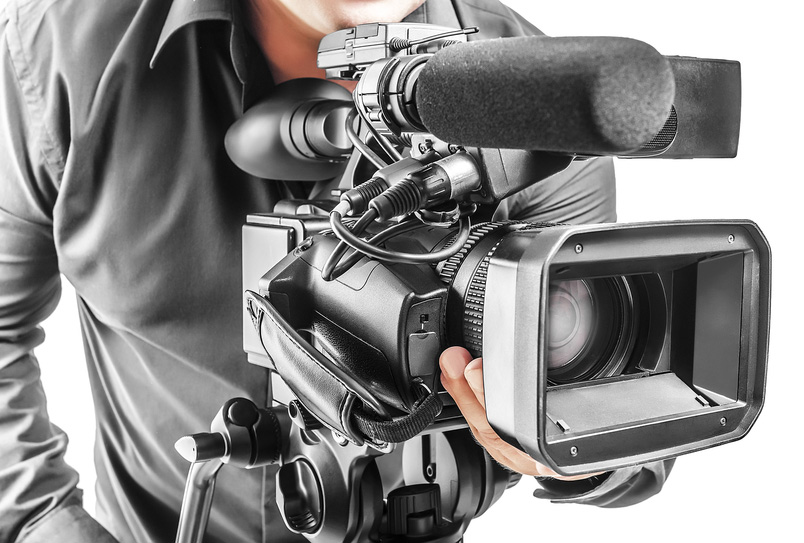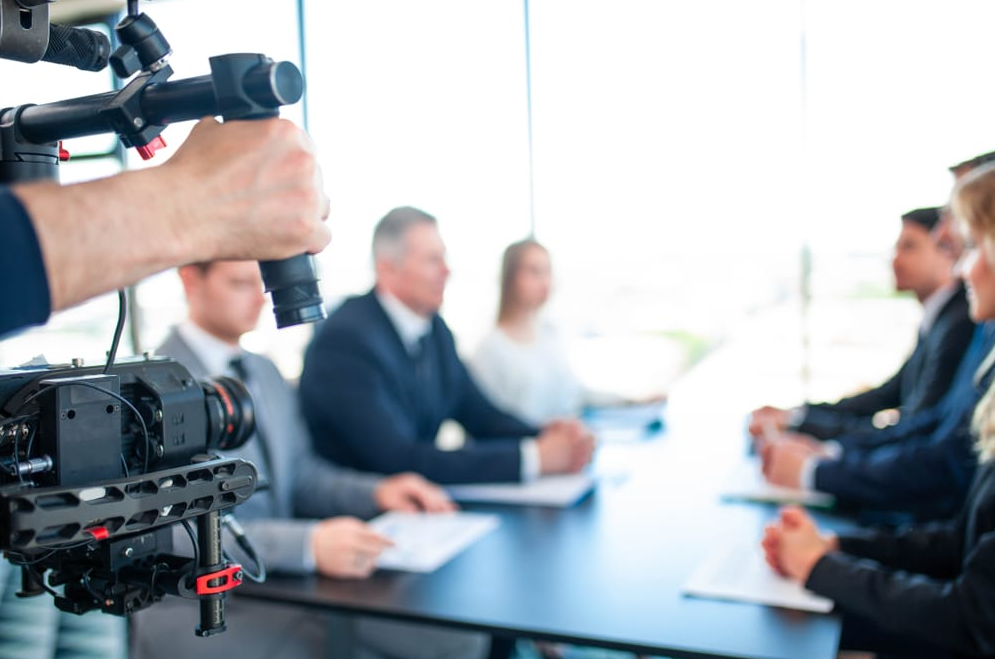Reliable Legal Videography for Depositions.
Reliable Legal Videography for Depositions.
Blog Article
The Duty of Lawful Videography in Depositions and Trials
Legal videography has actually become a crucial device in both depositions and trials, providing a complex technique to documenting witness testimonies. By recording not only the spoken word yet likewise the subtleties of non-verbal interaction, this medium enhances the reputation of statements and preserves critical proof for future proceedings (legal videography). As lawful experts increasingly identify its value, it motivates a much deeper evaluation of just how these visual records can affect juror perceptions and test outcomes. What effects might these advancements hold for the future of legal method?

Value of Legal Videography
Legal videography plays a crucial role in the documents and presentation of depositions and tests. This specialized area integrates technical abilities with legal expertise to create a trusted record of procedures that can significantly influence case outcomes. The aesthetic aspect of lawful videography enhances the understanding of witness statement, permitting jurors and judges to observe not just the spoken words however also the disposition, feelings, and body movement of the witnesses.
Furthermore, legal videography supplies an objective account of events, decreasing the possibility for false impression that can accompany written records alone. This aesthetic paperwork works as a vital tool during test discussions, assisting in a clearer and more influential story for both plaintiffs and defendants. In addition, the capacity to replay video segments throughout court process enables lawful teams to emphasize vital factors, strengthening their arguments properly.
The relevance of legal videography extends past the courtroom; it additionally plays an important role in maintaining evidence for future referral, whether for charms or further lawful action. As such, its assimilation into the lawful procedure is important for ensuring a fair and accurate depiction of the truths, inevitably adding to the pursuit of justice.

Refine of Legal Videography
While capturing the subtleties of depositions and trials, the process of legal videography includes numerous crucial steps that ensure high-grade, accurate recordings. At first, an expert lawful videographer prepares by assessing the situation materials and recognizing the specific requirements of the deposition or trial. This prep work consists of familiarizing themselves with the participants and the context, which helps in catching significant information.
On the day of the recording, the videographer establishes up the essential tools, which commonly consists of high-def electronic cameras, microphones, and proper lighting. Ensuring optimal angles and audio quality is crucial, as it straight impacts the performance of the recording. The videographer connects with lawyers and individuals to establish procedures, guaranteeing that everyone comprehends the recording process.
During the deposition or test, the videographer meticulously tapes the proceedings, paying close attention to both spoken and non-verbal hints. This includes capturing the demeanor and responses of witnesses and attorneys. After the session concludes, the videographer might edit the footage for quality and compliance with lawful criteria, generating an end product that properly reflects the process for future recommendation and use in legal contexts.
Advantages in Depositions
The incorporation of videography in depositions supplies many advantages that boost the overall procedure of gathering proof. One primary advantage is the ability to record witness statements with aesthetic and auditory integrity, offering an extra accurate depiction of the witness's behavior, tone, and body movement. This multidimensional method permits attorneys and courts to assess credibility better than standard written transcripts alone.
Furthermore, videographed depositions function as a powerful tool for maintaining testimony. Must a witness come to be not available for test, their recorded deposition can be played in court, guaranteeing that their proof remains available and pertinent. This aspect considerably minimizes the risk of losing important details that could impact situation end results.

Last but not least, videography boosts the total professionalism of the deposition procedure, instilling self-confidence in customers relating to the thoroughness of their legal representation (legal videography). By leveraging technology, lawful specialists can dramatically enhance the efficiency of depositions
Influence On Trials
In many tests, the assimilation of videography can substantially influence the discussion of proof and the jury's perception. Lawful videography catches witness testimonies and critical proof in a dynamic format, permitting jurors to involve with the material on multiple levels. This aesthetic element boosts the narration element of a test, offering context and emotional resonance that standard text-based proof might do not have.
Furthermore, video clip recordings can work as effective devices for impeachment during interrogation. When discrepancies emerge between a witness's previous statements and their court room statement, video clip evidence gives an objective referral that can persuade jurors' point of views. This immediacy and clearness can strengthen the integrity of a party's story while at the same time threatening opposing arguments.

Future Trends in Legal Videography
As we look towards the future of lawful videography, numerous arising patterns guarantee to reshape its function within the courtroom. One significant trend is the integration of expert system (AI) in video clip evaluation and modifying. AI can enhance the process of identifying key moments in videotaped depositions, permitting lawyers to rapidly access relevant content, therefore boosting effectiveness in situation preparation.
In addition, the increase of online reality click site (VIRTUAL REALITY) and increased truth (AR) technologies is anticipated to change exactly how jurors experience evidence. legal videography. By submersing jurors in a simulated environment, these modern technologies can supply a more extensive understanding of complicated scenarios, bring about even more informed considerations
Additionally, the increasing need for remote depositions, sped up by the COVID-19 pandemic, will likely proceed. Lawful videographers will require to adapt to brand-new software and systems to guarantee high-quality recordings in digital settings.
Last but not least, the growing focus on data protection will demand stricter methods for storing and sharing video clip evidence. As the legal landscape advances, legal videographers have to stay abreast of these fads to preserve their relevance and efficiency in the judicial procedure.
Final Thought
In summary, legal videography serves a vital feature in the judicial procedure, boosting the integrity of depositions and trials. As innovation continues to progress, lawful videography is positioned to more transform its duty within the lawful landscape.
Report this page